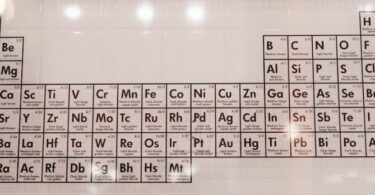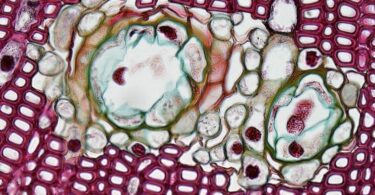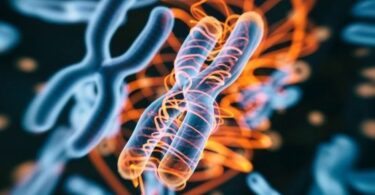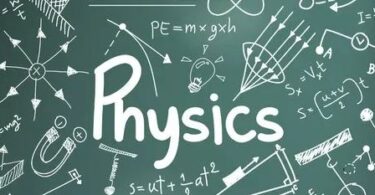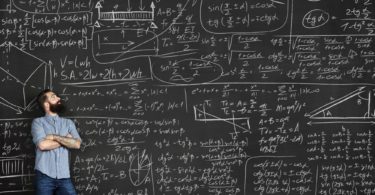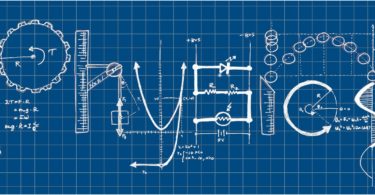Fiber Optic and Internet Questions and Answers: What is the primary material used to make fiber...
Category - Science
Tongue Quiz
What is the primary muscle responsible for the voluntary movement of the tongue? (a) Masseter...
Butterflies Quiz for Kids
Which of the following is NOT a stage in the life cycle of a butterfly? (a) Egg (b) Pupa (c) Larva...
Carnivorous Quiz for Kids
Carnivorous Quiz Questions and Answers: What distinguishes carnivores from herbivores? (a)...
Detritivores Quiz Questions and Answers
Detritivores Multiple choice questions: Question: What is a detritivore? (a) An animal that...
Periodic Table quiz
Elements of the Periodic Table quiz Which family of elements in the periodic table is known for...
Blood Pressure Quiz
Blood Pressure quiz for students Which of the following factors can contribute to high blood...
Histology Quiz
What is the study of histology primarily concerned with? (a) The study of cells (b) The study of...
Grasshopper Quiz
multiple choice questions about Grasshoppers with answers: Question: What is the primary...
Quiz on Bacteria
Bacteria and Bacteria Disease quiz: Question: A substance that causes the disintegration of...
Heart Quiz
Heart Biology Questions: Which chamber of the heart pumps oxygenated blood to the rest of the body...
Parasite Quiz Questions for Kids
Host and Parasite Quiz: The organism which lives in other organism is called (a) Ectoparasite (b)...
DNA and RNA quiz
DNA and RNA practice quiz: Question: Which nitrogenous base is not present in DNA? (a) Uracil (b)...
Light Polarization Quiz
Polarization of Light questions and answers: Ques: Plane polarized light is passed through a...
Interference and Wave Nature of Light Quiz
Questions on Wave Nature and Interference of Light: Ques: Huygen wave theory allows us to know (a)...
EM Waves quiz
Quiz on Electromagnetic Waves: Ques. Which of the following is electromagnetic waves? (a) X ...
Photometry Quiz
Multiple choice questions on Photometry: Five lumen/watt is the luminous efficiency of a lamp and...
Friction Quiz (Physics)
Questions about Friction Force: Question: The maximum value of static friction that develops on a...






